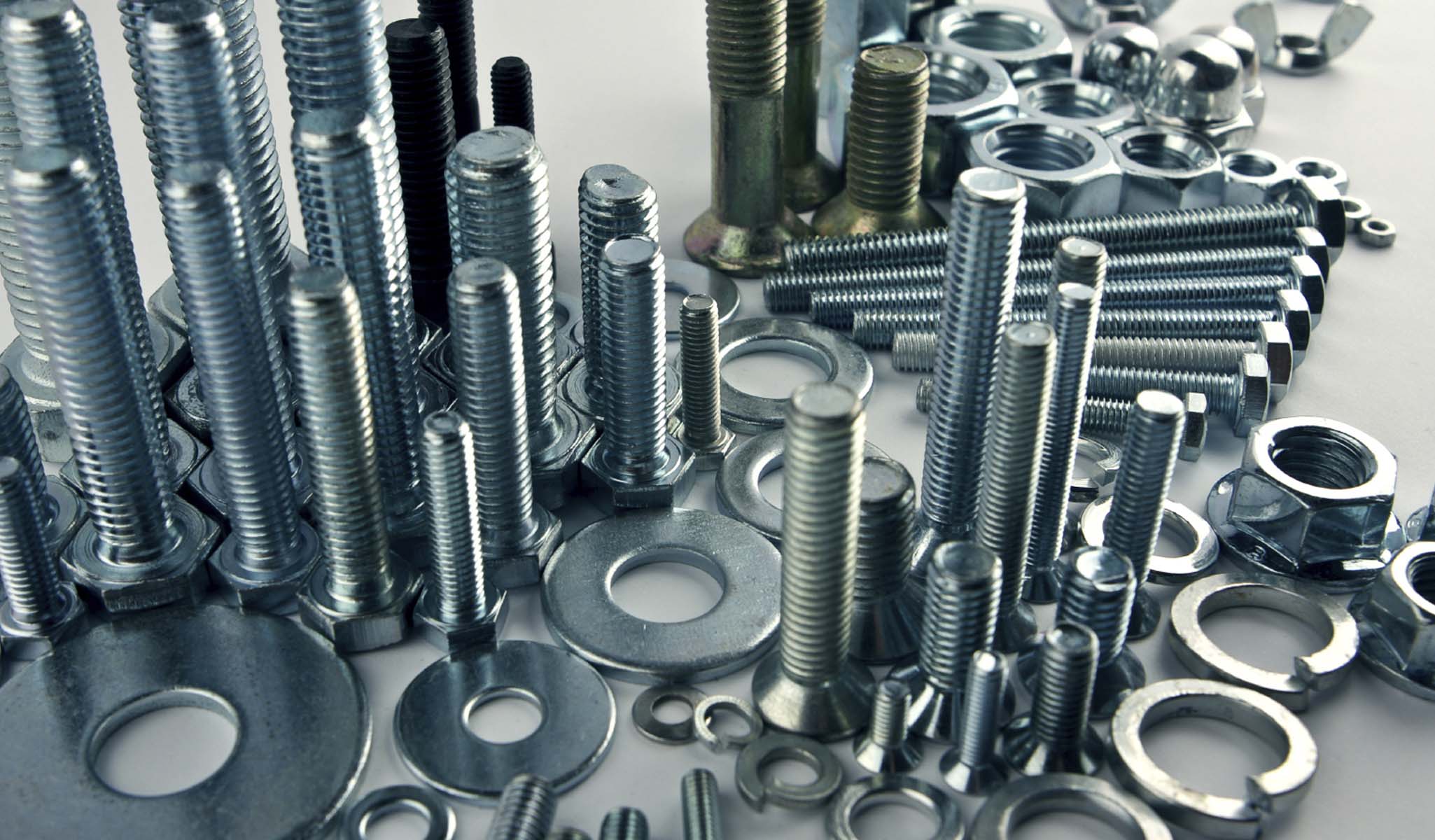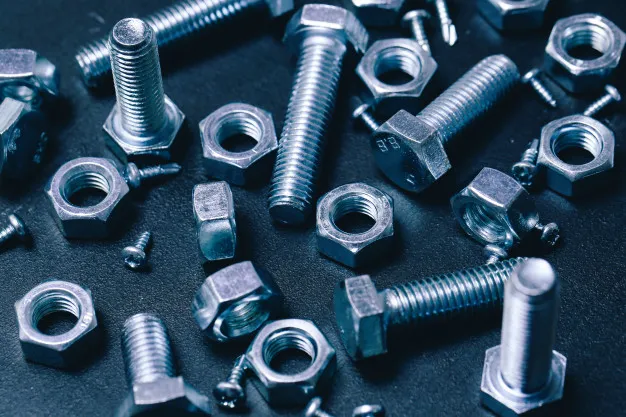What Are Some Common Factors To Get The Quality Of The Fasteners?
The Industrial Fastener is the key to a lot of industrial machinery. It holds parts together or keeps them in place for servicing or maintenance. They are also used to make connections between different pieces of equipment and machines.
Fastening tools can come in many forms, but they all have one thing in common – they hold objects together using mechanical fasteners. There are various types of these, including bolts, screws, pins, rivets, etc.
When it comes to choosing which type of fastening tool to use, there are several factors that you should consider. To help you out with this decision, here’s an overview of what you should look at when considering whether or not to buy a particular type of fastener.
Cost
If cost is a big factor in your purchasing decisions, then you may want to take a look at the price of each type of fastener. The higher-end fasteners are usually more expensive than their lower-cost counterparts. This is because they tend to be made from better materials, which helps keep them durable over time.
The cost of the Scrooz Fasteners Fillister-head screws will affect the quality of the results that the person will get. In the long run the option will prove to be a god on. The main motive of the people is to go for the quality of the option at a reasonable rate.
However, if you’re only looking to buy fasteners for everyday use, you should look at the lowest-priced options first. This way, you won’t spend as much money on fasteners that you’ll end up throwing away after just a few months.

Durability
Another important consideration is durability. What you need to know about this is that although most standard fasteners will last you for years, they aren’t going to last forever. You’ll eventually run into issues where they break or stop working properly.
This means that you might find yourself having to replace them sooner than expected. If you’re planning to use your fasteners for a long period of time, then you should try to choose ones that have been designed to withstand the wear and tear of regular use.
Quality
Finally, you’ll want to check out the quality of the fasteners themselves. Make sure that the manufacturer has put a high degree of effort into producing good products. Look for features such as hardened steel that makes the fasteners stronger, and special coatings that prevent rusting (if you live in a wet environment).
You’ll also want to pay attention to how well the fasteners perform. Check to see if the fastener is capable of holding tight without breaking or leaking. Additionally, make sure that the fastener is rated to carry its load for a specified amount of time.
Types of Industrial Fasteners
There are different types of fasteners that are available today. Some of the most popular include:
Pins
These are usually thin metal rods that are inserted through holes in two or more pieces of wood or other material. Pins work best when they’re used to join two pieces of wood that are held together by nails or screws.
They were originally developed as a cheaper alternative to the traditional nails used in construction projects. However, they’ve become increasingly popular due to their ease of use and low cost.
Rivet
A rivet is similar to a pin. It consists of a round head and a stem, both being attached to a piece of metal. Unlike a pin, however, it doesn’t require any extra holes. Instead, it’s designed to fit snugly inside holes that already exist.
It was invented during the early days of modern manufacturing processes. Today, rivets are considered to be quite versatile and easy to use.
Screws
Screws are another kind of fastener that are widely used in industry. They consist of threads that engage with one another once they’re tightened.
While there are many different kinds of fasteners, they all share some similarities. First off, they don’t actually hold the pieces of wood or other items together. Instead, they provide support so that the pieces can stay in place while they’re being joined.

Secondly, they’re generally more durable than pins and rivets. Pins and rivets can often get damaged when they’re being used to join different pieces of wood. Screws, however, can easily handle the strain that’s placed on them.
Lastly, they are typically more expensive than pins and rivets. This is because they’re harder to produce, thus requiring more effort and money.
Bolts
Bolts are used to connect two pieces of wood together. They come in a variety of shapes and sizes. Typically, they range from 4 inches to 12 inches in length and are commonly found in the automotive, aerospace, and heavy industries. Bolts are also used in construction and home improvement projects.
Like pins and rivets, bolts do not actually hold the pieces of wood together. Instead, they provide support and allow the pieces to remain in place. As mentioned before, however, bolts are generally more difficult to install than pins and rivets.
As a result, they’re often chosen for larger applications that require precision. This is why they’re often seen in industries like construction or engineering.
Conclusion
Now that you have a basic understanding of what fasteners are, you should be able to decide which type would be right for your project or needs. To further help you along, here are three types of industrial fasteners that you should definitely consider if you plan on doing any construction work.
